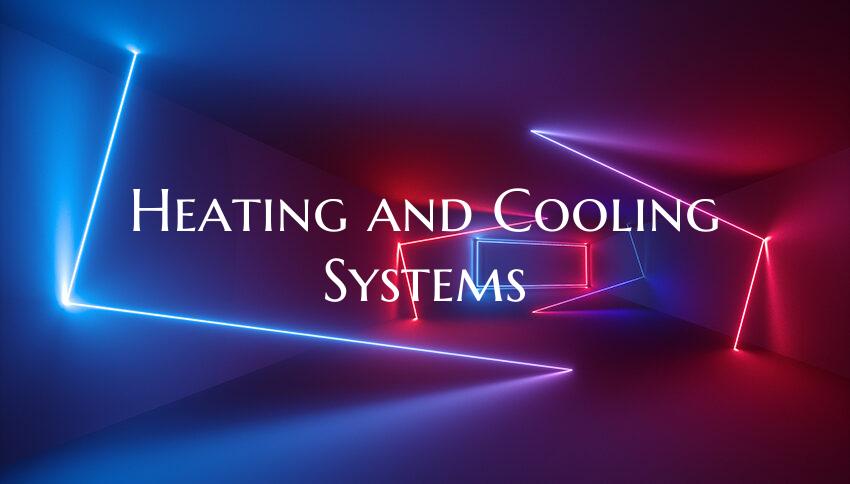Heating and Cooling Systems
Heating and Cooling Systems: A Comprehensive Guide
Heating and cooling systems are essential components of any modern home or building, providing comfort and a stable indoor environment throughout the changing seasons. Whether you are looking to upgrade your existing system or researching options for a new construction project, understanding the different types of heating and cooling systems available can help you make informed decisions that best suit your needs.
Types of Heating Systems
1. Furnaces: Furnaces are the most common type of heating system and typically run on either gas or electricity. They work by heating air and then distributing it throughout the building via ductwork. 2. Heat Pumps: Heat pumps are versatile systems that can provide both heating and cooling by transferring heat between the indoors and outdoors. They are energy-efficient and environmentally friendly. 3. Boilers: Boilers utilize water to heat a building, either through steam or hot water radiators. They are known for their consistent and comfortable heat distribution. 4. Radiant Heating: Radiant heating systems involve heating the floors, walls, or ceilings of a building to provide warmth. This system is popular for its energy efficiency and even heat distribution.
Types of Cooling Systems
1. Air Conditioners: Air conditioning systems use refrigerant to cool indoor air and remove humidity. They are commonly used in homes, offices, and commercial buildings to maintain a comfortable temperature during hot weather. 2. Evaporative Coolers: Evaporative coolers, also known as swamp coolers, use the natural process of evaporation to cool air. They are energy-efficient and work best in dry climates. 3. Ductless Mini-Split Systems: Ductless mini-split systems consist of an outdoor compressor unit and one or more indoor air-handling units. They are easy to install and allow for zoned temperature control. 4. Geothermal Cooling: Geothermal cooling systems use the consistent temperature of the ground to cool buildings. They are highly efficient but require a significant upfront investment.
Considerations for Choosing a System
When selecting a heating or cooling system for your property, there are several factors to consider, including: - Energy efficiency - Initial cost and installation expenses - Maintenance requirements - Space and layout of your building - Climate considerations - Environmental impact
It is recommended to consult with HVAC professionals to assess your specific needs and goals before making a decision. By investing in the right heating and cooling system, you can ensure year-round comfort and energy savings for your home or building.

